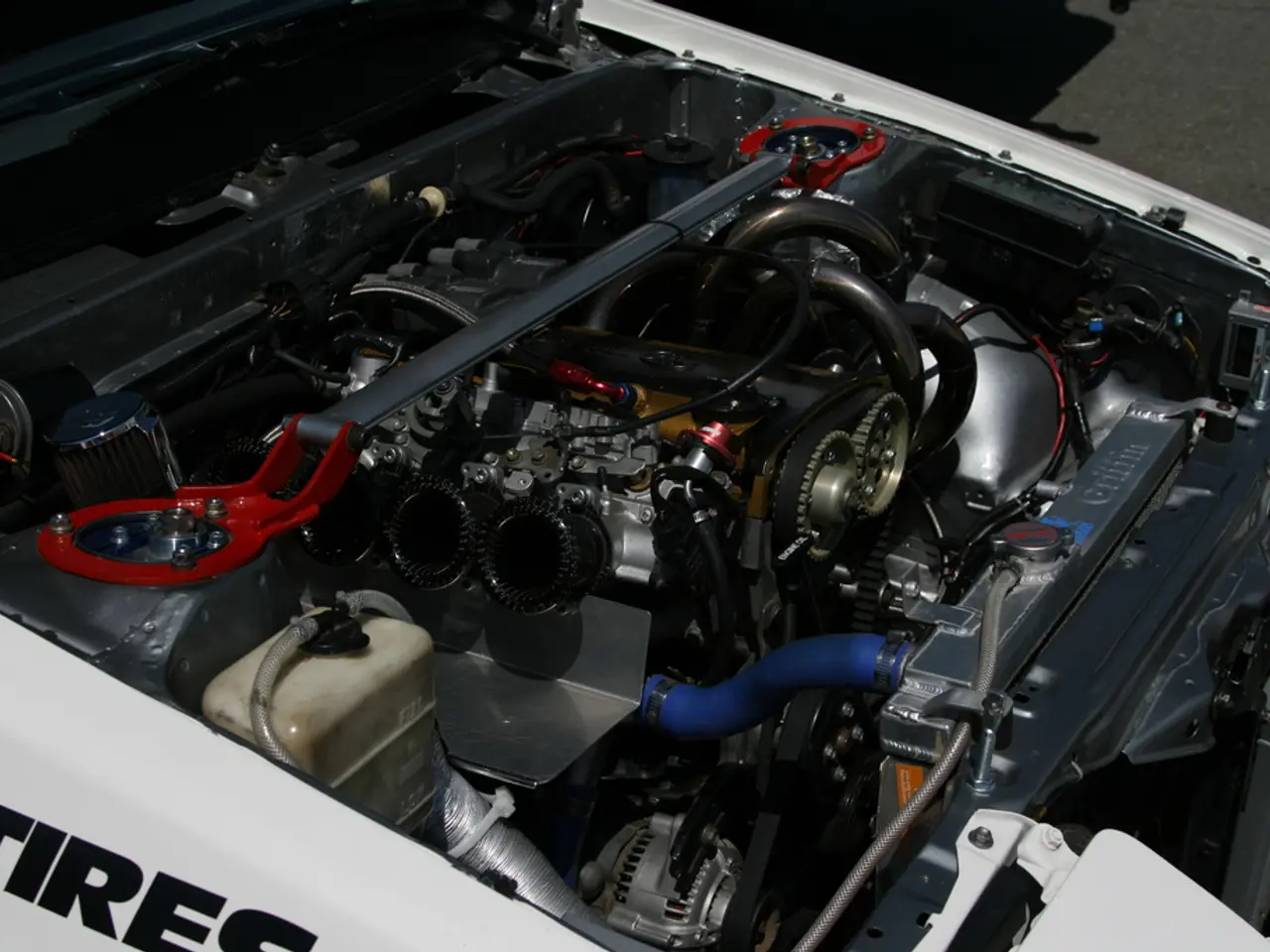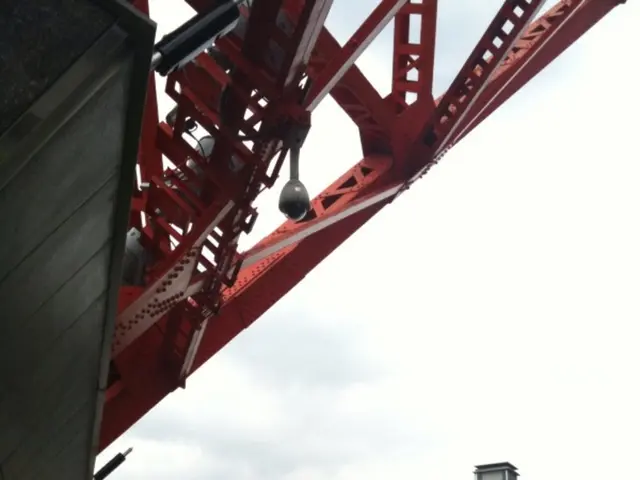Revolutionary Energy Storage: Leading the Electronic Vehicle Era with Solid-State Battery Technology
The global electric vehicle (EV) battery market, currently a hotbed of competition shaping the future of transportation worldwide, is dominated by Chinese firms CATL and BYD. CATL, a 12-year-old company, holds a 37% share of the global EV battery market, while its younger counterpart, BYD, backed by Warren Buffett, boasts a 15% share. Both companies specialize in lithium iron phosphate (LFP) battery technology, which, while offering shorter driving ranges, is more affordable and suitable for the average Chinese EV consumer's city driving habits.
The Chinese firms' cost efficiency has contributed significantly to their global dominance. In contrast, Korean and Japanese counterparts have higher manufacturing costs compared to CATL and BYD, which could significantly impact the market's future landscape.
European countries are actively supporting the development of alternative technologies in electric car battery production to reduce dependence on China's dominant market position. Notable efforts include CATL’s 100 GWh plant in Hungary and EU funding totaling billions of euros to boost local production by 2027. Additionally, the German government and EU are promoting battery recycling initiatives to strengthen resource independence and competitiveness.
President Joe Biden's push to cut US reliance on China and incentivize local manufacturing through subsidies could also alter the landscape of the EV battery market. The willingness of other countries to establish trade barriers could further impact the market.
Lithium-ion batteries with NMC cathodes offer longer ranges and higher performance but tend to be costlier. Foreign competitors, including LG Energy Solution, SK On, and Samsung SDI, are focusing on this technology. Emerging technologies like solid-state batteries and sodium-ion batteries offer potential for disruption with improved capacity, charging times, and safety features. However, critics underline the need for more transparent research data in solid-state technology.
BYD not only powers its own EV brands but also supplies batteries to Chinese car manufacturers. Meanwhile, Toyota's recent breakthrough in solid-state technology has ignited interest, but the safety concerns associated with lithium-ion batteries with NMC cathodes persist.
The future of the EV battery market is uncertain, but one thing is clear: the race to dominate this vital sector is intensifying, with far-reaching implications for the global automotive industry.
Read also:
- Elon Musk Acquires 26,400 Megawatt Gas Turbines for Powering His AI Project, Overlooks Necessary Permits for Operation!
- U Power's strategic collaborator UNEX EV has inked a Letter of Intent with Didi Mobility to deploy UOTTA(TM) battery-swapping electric vehicles in Mexico.
- Toyota strikes a deal in Shanghai for a solely owned Lexus electric vehicle production plant.
- Gold nanorod market to reach a value of USD 573.3 million by 2034, expanding at a compound annual growth rate (CAGR) of 11.7%







